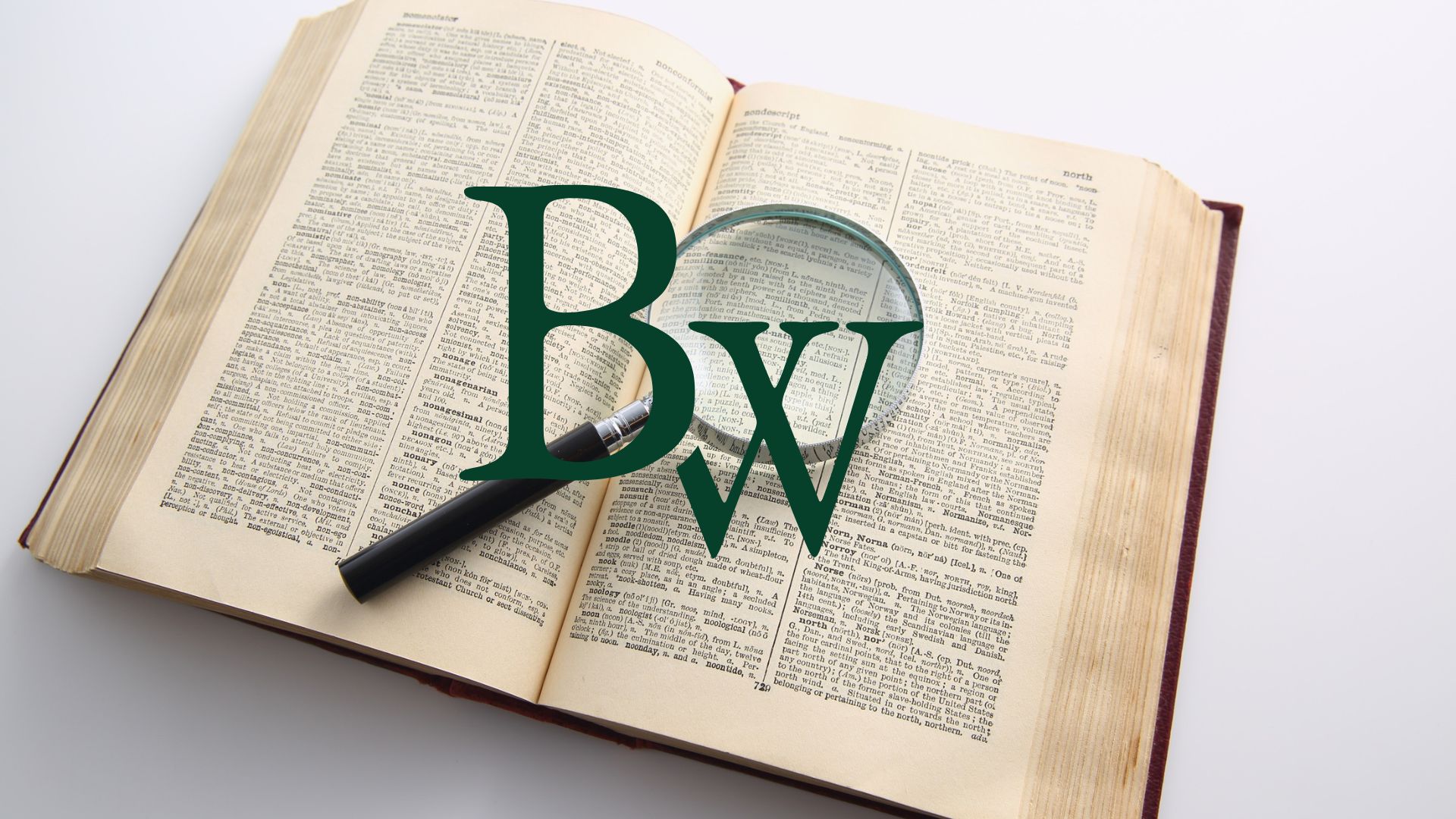Local Ordinance
Definition:
A Local Ordinance is a law, rule, or regulation enacted by a city, county, or municipal government to govern matters within its local jurisdiction. These ordinances address community-specific issues such as zoning, building codes, noise control, health, and safety regulations. Local ordinances carry the force of law within the boundaries of the issuing local authority.

Local Ordinance Information
Local ordinances are essential tools for municipal and county governments to manage local affairs and maintain public order. They operate under the authority granted by state law and must not conflict with state or federal statutes.
Common types of ordinances include zoning laws that regulate land use, environmental protections, housing standards, and business licensing requirements. Ordinances can also establish penalties for violations, such as fines or community service. Public hearings are typically required before an ordinance is adopted, ensuring community participation in the local lawmaking process.
Florida Legal Definition
Under **Florida law**, local ordinances are authorized by the **Florida Constitution (Article VIII)** and governed by **Chapter 125 (Counties)** and **Chapter 166 (Municipalities)** of the **Florida Statutes**. These provisions grant counties and cities the power of “home rule,” allowing them to enact ordinances for local governance, provided they do not conflict with state or federal law.
In Florida, ordinances must be adopted following a prescribed procedure that includes notice, public reading, and approval by the governing body. Once enacted, ordinances are enforceable within the local jurisdiction and may include civil or criminal penalties for noncompliance.
How It’s Used in Practice
Local ordinances play a significant role in daily life and community management across Florida.
- City councils and county commissions enact ordinances to regulate zoning, land development, and environmental protection.
- Homeowners and developers must comply with local building, noise, and signage regulations before beginning construction projects.
- Law enforcement agencies enforce ordinances related to parking, animal control, and public safety.
- Attorneys often review local ordinances during real estate transactions and business permitting to ensure compliance.
- Residents can attend public meetings or hearings to support, oppose, or propose changes to ordinances affecting their community.
Key Takeaways
- A Local Ordinance is a law enacted by a city or county government to regulate activities within its jurisdiction.
- Common ordinance topics include zoning, public safety, noise control, and environmental protection.
- In Florida, ordinances are governed by Chapters 125 and 166, Florida Statutes, and must comply with state and federal law.
- Ordinances require public notice, hearings, and formal adoption before becoming enforceable.
- Violating a local ordinance can result in fines, penalties, or other legal consequences within the local area.
Disclaimer: The information and opinions provided are for general educational, informational or entertainment purposes only and should not be construed as legal advice or a substitute for consultation with a qualified attorney. Any information that you read does not create an attorney–client relationship with Barnes Walker, Goethe, Perron & Shea, PLLC, or any of its attorneys. Because laws, regulations, and court interpretations may change over time, the definitions and explanations provided here may not reflect the most current legal standards. The application of law varies depending on your particular facts and jurisdiction. For advice regarding your specific situation, please contact one of our Florida attorneys for personalized guidance.
Visit our legal department pages:
Real Estate Attorneys
Business Attorneys
Litigation Attorneys
Estate Planning Attorneys
Inheritance Attorney
Probate & Trusts
Trust • Experience • Results
Ready to Get Started?
Get started with Barnes Walker today.








